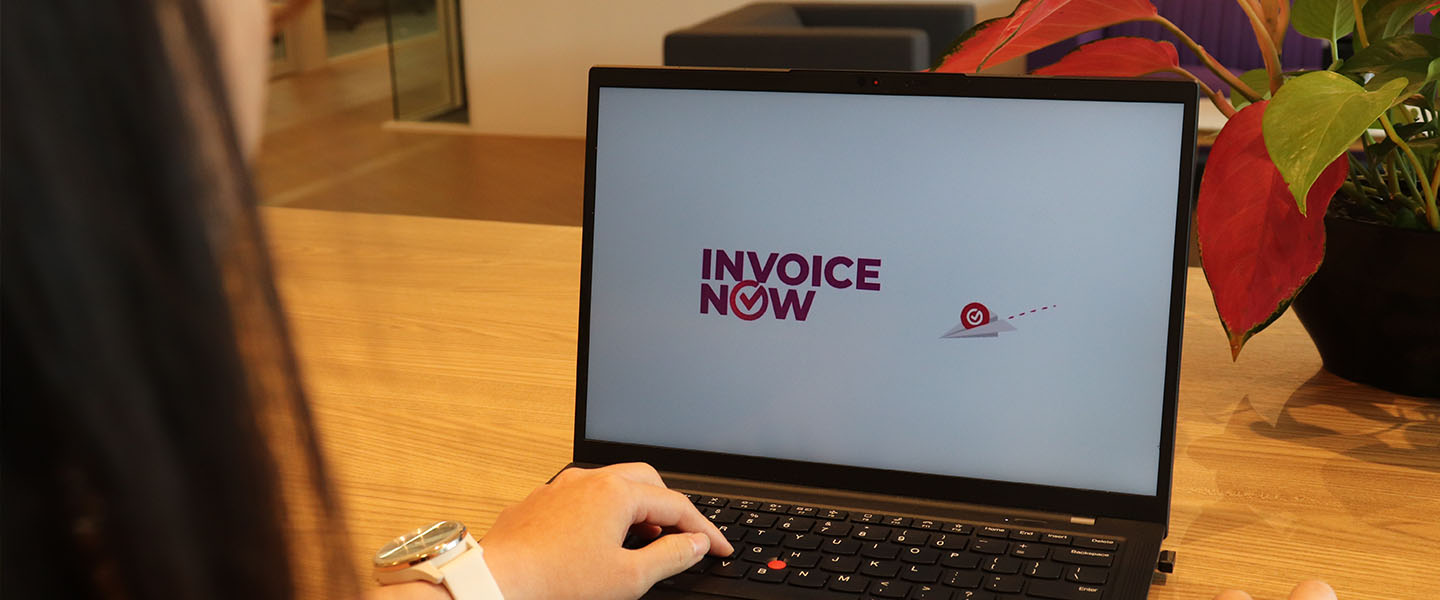
The last decade has witnessed a growing trend for tax administrations leveraging technology and introducing e-invoicing as a means to streamline tax administration and tackle tax fraud and evasion. In Singapore, GST-registered businesses will be required to transmit invoice data to IRAS using InvoiceNow solutions via the InvoiceNow network.
What is InvoiceNow?
The IRAS is implementing a phased rollout of InvoiceNow which requires GST-registered businesses to transmit invoice data to the IRAS via the InvoiceNow network. This mandate requires businesses to switch from paper-based or PDF-based invoicing to an electronic format that is part of a larger nationwide e-invoicing network, which will initially only be mandatory for new voluntary GST registrants as follows:
- From 1 November 2025: Applicable to companies incorporated within six months of GST registration.
- From 1 April 2026: Mandatory for all new voluntary GST registrants, regardless of incorporation date.
This move signifies Singapore's commitment to digital tax administration. InvoiceNow is expected to offer significant benefits beyond compliance:
- Enhanced Efficiency: Real-time data exchange reduces manual processing and errors in GST filing.
- Improved Cash Flow: Faster GST refunds become a reality with near-instantaneous data availability for IRAS.
- Fraud Detection: Electronic invoices offer a more robust audit trail, deterring fraudulent practices and potential tax leakages for the IRAS.
How do the requirements compare to others in the Southeast Asian region?
Singapore joins a number of Southeast Asian countries that has mandated the adoption of e-invoicing. Countries like Indonesia and Vietnam have introduced e-invoicing, while the Philippines is planning to introduce e-invoicing for its 100 largest taxpayers in a pilot phase this year. Malaysia is mandating e-invoicing for its taxpayers with an annual revenue of RM100 million from 1 August 2024 before expanding the initiative to the larger taxpayer population.
Singapore's InvoiceNow initiative is comprehensive and aligns with the Peppol standard, an internationally recognised e-invoicing framework. This alignment is intended to simplify cross-border transactions, an important consideration for businesses engaged in regional and international trade.
What does this mean for in-house tax functions, finance directors and IT decision makers?
For in-house tax functions and finance directors, the InvoiceNow initiative represents a significant shift in how invoicing is managed and how the IRAS is collecting data on their transactions. The transition to e-invoicing which was voluntary up until the announcement of InvoiceNow is designed to improve efficiency, reduce errors, and streamline tax compliance. It allows real-time validation, reduces the risk of invoice fraud and thus the risk of tax leakage for the IRAS.
For IT decision makers, this transition may require integrating new e-invoicing systems (e.g. e-invoicing middleware) into existing enterprise resource planning (ERP) systems. This can involve changes to current processes and may need investment in technology and training. However, the long-term benefits can be substantial, including enhanced data accuracy, reduced processing times, and improved cash flow management.
Actionable next steps
This shift presents an opportunity for businesses to embrace e-invoicing not just for compliance, but for strategic advantages. Here's what you can do:
Evaluate Readiness: Assess your current invoicing infrastructure and identify potential gaps in e-invoicing compatibility.
Seek Expert Guidance: Partner with a tax advisor and/or an e-invoicing solutions provider with deep regional expertise to navigate the evolving e-invoicing landscape.
Future-Proof Your Business: Proactive adoption of e-invoicing positions your company for seamless integration with future local and regional regulations.
What's next
Singapore's InvoiceNow mandate is a sample of things to come. By taking a proactive approach to e-invoicing, businesses can ensure compliance, optimise cash flow, and gain a competitive edge in the dynamic Southeast Asian market.
For a more in-depth discussion on e-invoicing solutions and their impact on your business, reach out to your Grant Thornton contact. Remember, staying ahead of the curve is key to navigating the ever-changing world of tax in Asia.




